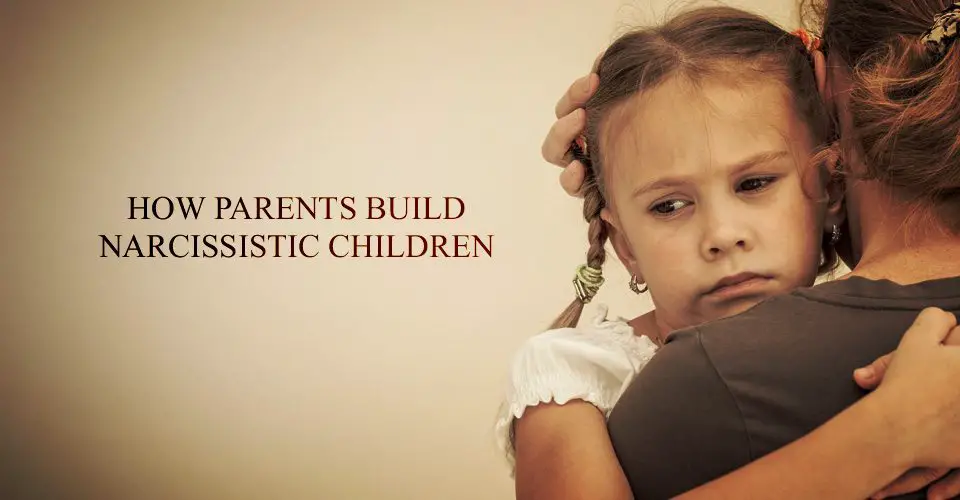
We have many fears when it comes to the well-being of our children. Will they be safe? Will they be healthy? Will they fit in? All too often, we are focused on outside threats. We forget that the greatest danger to most human beings is internal. The most insidious threats to your child have little to do with a speeding car or a bully on the playground.
Detecting narcissism, and other personality disorders, is difficult to do in children. Their brains and personalities are still developing. They are still learning traits like empathy, good judgement, and a concern for others. Most toddlers would be classified as raging narcissists when held to an adult scale. Most teenagers would, as well.
So – how do we determine whether a child is at risk for developing a narcissistic personality?
Children’s Psychiatrist Efrain Bleiberg lists the following behavioral problems that could be an indication of budding narcissism:
* Interpersonal relationship problems
* Coldness
* Meanness
* Attempts to control or manipulate
* School problems
* Impulsiveness
* Poorly handles frustration
* Mood swings
* Lying, stealing, or breaking rules
* Exhibitionism
* Self-doubts and intense envy of others
* Constant need for attention
Of course, when looking at these traits, it is important to view them in the context of the child’s age and environment. A five year old who excitedly screams “look at me!” when learning to ride a bicycle is not a concern. A fifth grader who tries to hurt a new baby for fear of losing the spotlight is.
In addition to the symptoms listed above, an overblown sense of entitlement is a strong indicator of a budding narcissist. A child who demands better treatment than their peers may be at risk. Narcissistic children are also known to be more aggressive than their classmates. They do not function well in a social setting and have trouble making friends. They may seek excessive praise and attention. Even when they receive it, however, they will remain insecure. It is a void that can seemingly never be filled. According to Dr. Bleiberg, narcissistic children are often lonely, angry, empty, and envious.
So – how do we protect our children against this disease?
Researchers were able to identify one thing we can do, as parents, to fight the development of narcissism. A narcissistic child’s need for attention and low self-esteem often prompts parents to lavish them with excessive praise. This, however, is one of the most harmful things we can do. The researchers found that an inflated level of praise, while well intended, may actually lower a child’s confidence and sense of autonomy. Children with low self-esteem reacted to excessive praise with an increased level of anxiety. They felt pressure to wow their parents again on their next pursuit. They became more afraid of failure, and less likely to challenge themselves. They grew increasingly reliant on validation from others.
Thankfully, a child’s behavior is easy to change. Children are more resilient than adults, and they learn much more quickly. Their brains and character are primed for growth. If you worry that your child is on the road to narcissism, there are many steps you can take. Praise carefully. Teach empathy and boundaries. Allow them to fail, and teach them that life goes on when they do. Help your child to develop a sense of personal identity. Show them the difference between pride and ego. Teach them the tricky balance between independence and looking to others for support. These lessons are all a part of growing up.


